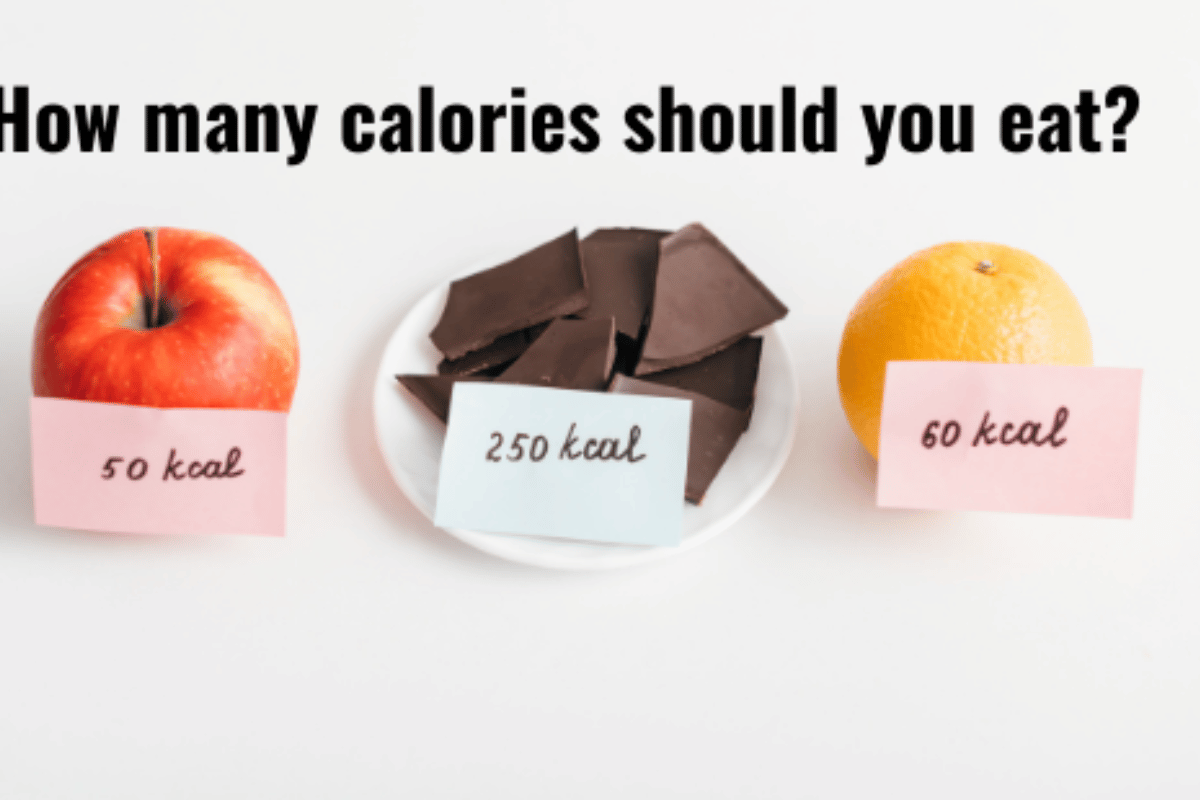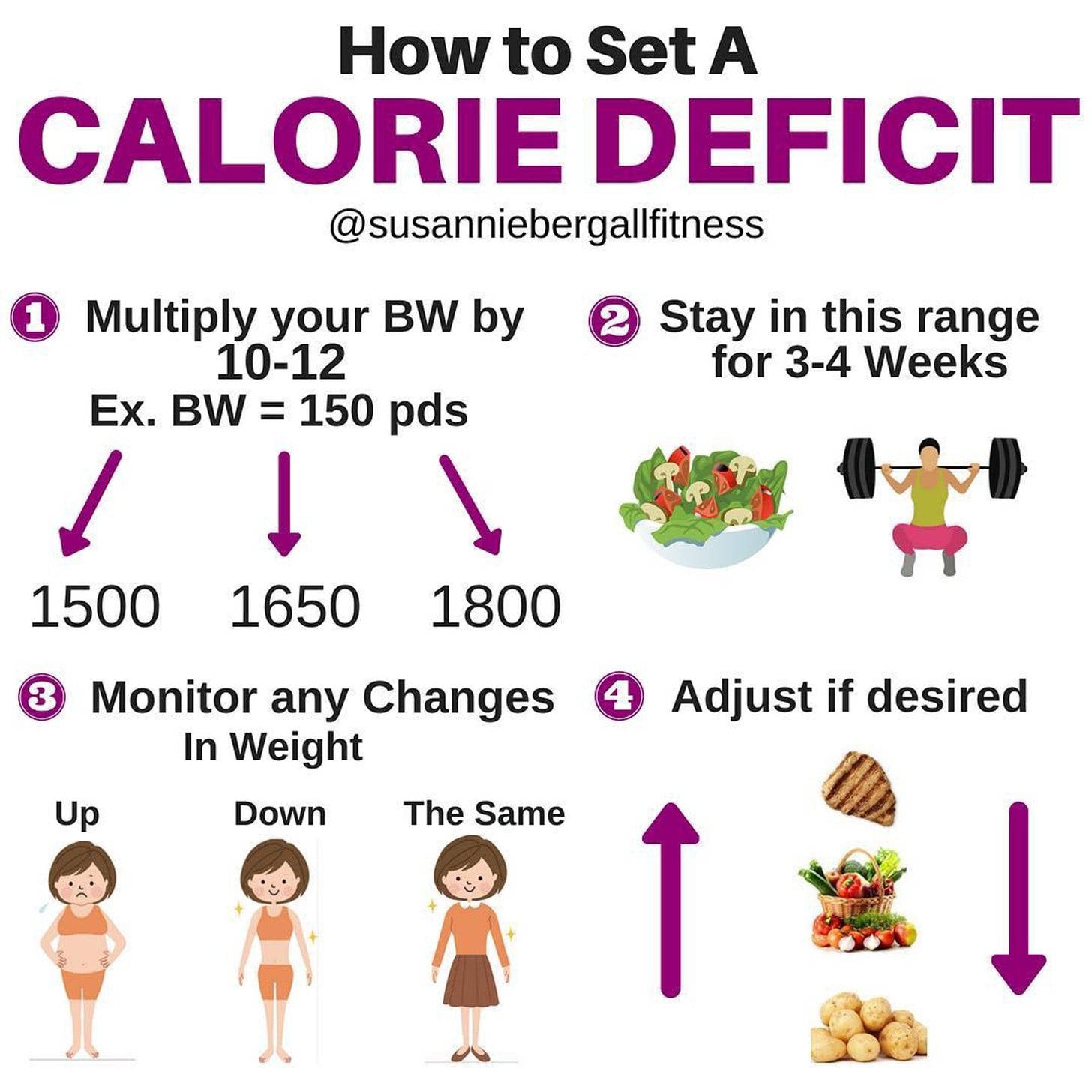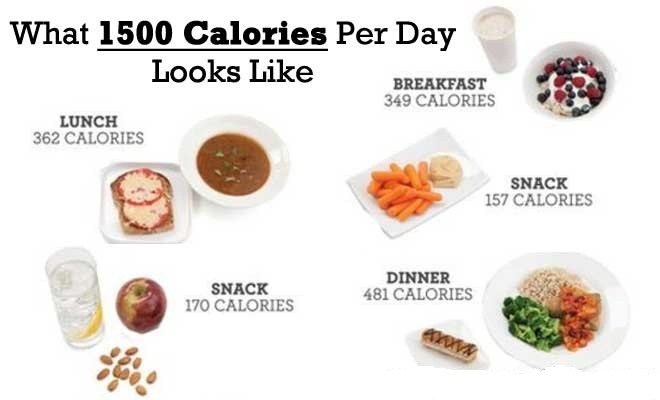How Many Calories Should One Eat To Lose Weight

The quest to shed unwanted pounds often begins with a fundamental question: How many calories should I eat to lose weight? The answer, while seemingly simple, is a complex calculation influenced by a multitude of individual factors, making a one-size-fits-all approach ineffective and potentially harmful.
Understanding the principles of calorie balance is crucial for successful and sustainable weight loss. This article delves into the science behind calorie deficits, the factors that influence individual needs, and strategies for determining a healthy and effective calorie target.
Understanding Calorie Balance
At its core, weight loss hinges on the concept of energy balance: consuming fewer calories than the body expends. This creates a calorie deficit, forcing the body to tap into its stored energy reserves, primarily fat, to fuel its functions. A deficit of 3,500 calories generally translates to the loss of one pound of fat.
However, the number of calories needed to create this deficit varies significantly from person to person. It is important to understand your individual needs.
Factors Influencing Calorie Needs
Several factors contribute to an individual's daily calorie requirements. These include basal metabolic rate (BMR), activity level, age, sex, and body composition. These all affect the total daily energy expenditure (TDEE).
BMR, the energy expended at rest to maintain vital bodily functions, accounts for the largest portion of daily calorie needs. Activity level plays a significant role, as more active individuals burn more calories throughout the day. Age and sex also influence BMR, with younger individuals and males generally having higher metabolic rates.
Calculating Your Calorie Needs
Estimating daily calorie needs often begins with calculating BMR. Formulas like the Harris-Benedict equation or the Mifflin-St Jeor equation, which incorporate age, sex, weight, and height, provide a starting point. Online calculators are available to simplify this process.
Once BMR is calculated, it is multiplied by an activity factor to estimate TDEE. Activity factors range from sedentary (little to no exercise) to very active (intense daily exercise). To lose weight, a calorie deficit is then subtracted from the TDEE.
The National Institutes of Health (NIH) recommends a gradual weight loss of 1 to 2 pounds per week. This usually translates to a daily deficit of 500 to 1,000 calories.
Risks of Drastic Calorie Restriction
While a calorie deficit is necessary for weight loss, drastically reducing calorie intake can be detrimental to health. Severely restricting calories can slow down metabolism, leading to muscle loss and making it harder to lose weight in the long run. It can also lead to nutrient deficiencies and other health problems.
Extreme dieting can also have psychological impacts, potentially leading to disordered eating patterns. It is always recommended to consult a healthcare professional.
Adopting a Sustainable Approach
The key to successful weight loss is finding a calorie target that is both effective and sustainable. This involves making gradual adjustments to calorie intake, focusing on nutrient-dense foods, and incorporating regular physical activity.
Prioritizing whole, unprocessed foods like fruits, vegetables, lean proteins, and whole grains helps ensure adequate nutrient intake while minimizing calorie consumption. Strength training exercises are also crucial for maintaining muscle mass during weight loss, which helps boost metabolism.
Tracking calorie intake and exercise using apps or journals can be helpful for monitoring progress and making necessary adjustments. Consulting a registered dietitian or healthcare professional can provide personalized guidance and support.
Conclusion
Determining the ideal number of calories for weight loss is a personalized process. It requires understanding individual calorie needs, creating a moderate calorie deficit, and adopting a sustainable approach that prioritizes both physical and mental well-being. Remember that sustainable changes to eating habits and activity levels are more likely to produce long-term success than drastic, short-term diets.
Always consult with a healthcare professional or registered dietitian before making significant changes to your diet or exercise routine. They can help you determine a safe and effective weight loss plan tailored to your individual needs and circumstances.


















